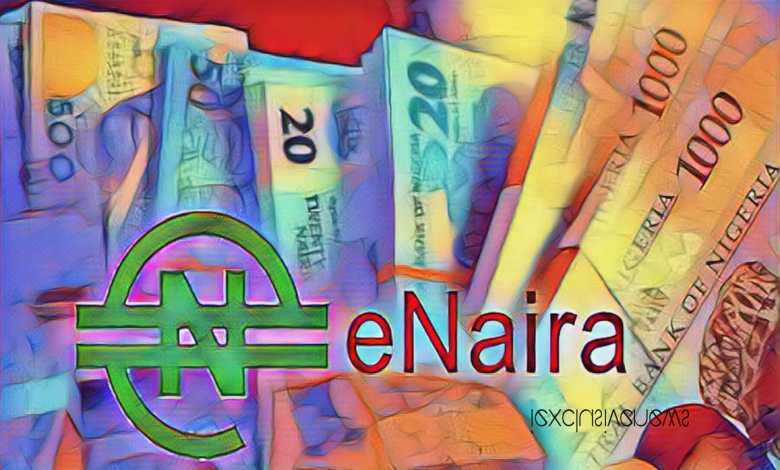
By Faith Tiza Feb, 22, 2022 Featured
IMF
warns CBN that eNaira may lead to new money-laundering and terrorism financing
risks
The expansion of the eNaira's use to cross-border cash
transfers and agency bank networks could result in additional money-laundering
and terrorism-funding risks.
As Nigeria fights insurgency and terrorism in sections
of the country, cybercriminals can take advantage of existing gaps in the
eNaira to launder money across the border and finance terrorism, according to
the IMF.
According to the report, Nigeria became one of the
first countries in the world to adopt a Central Bank Digital Currency (CBDC)
that is open to the public with the debut of the digital currency on October 25th
in 2021.
This was revealed in the 'Nigeria Staff Report for the
2021 Article IV Consultation' by the International Monetary Fund.
According to the report, Nigeria became one of the
first countries in the world to adopt a Central Bank Digital Currency (CBDC)
that is open to the public with the launch of eNaira on October 25. Despite the
benefits, such as expanding financial inclusion, there are significant hazards
associated with the eNaira that the Nigerian Central Bank must address.
The IMF praised the CBDC's progressive implementation
and emphasized the importance of regular risk assessment and contingency
planning to address multiple risks, such as monetary policy implementation,
bank funding, cyber security, operational resilience, and financial integrity
and stability.
IMF’s
concerns about the Nigerian eNaira
"Prospective expansion of eNaira use to
cross-border financial transfers and agency bank networks may pose new
money-laundering/terrorist financing problems," the IMF warned.
According to the IMF, the CBDC is vulnerable to cyber
security threats, unforeseen legal challenges, and financial integrity threats.
"The eNaira is related to cyber security
threats. Unforeseen legal concerns, including private law aspects of its
activities (e.g., the actual nature of the legal relationship between wallet
providers and CBDC holders), could expose eNaira to litigation and operational
hazards, according to the statement.
"There are financial integrity risks that can be
reduced by employing a tiered identity verification system and applying more
stringent controls to relatively less confirmed individuals," the IMF
said.
The Washington-based lender emphasized the importance
of being aware of various threats, pushing the CBN to correct existing flaws in
anti-money laundering legislation and combat terrorism financing.
"While preventative measures and the planned AML/CFT
regulations for eNaira intermediaries are welcome," the IMF said, "a
money laundering/terrorist financing risk assessment of domestic and
cross-border uses of eNaira, as well as the adoption and implementation of the
regulation, as well as risk-sensitive mitigation measures, should be a
priority."
In addition, the Fund gave Nigeria a high rating for
the possibility of poor progress in combating corruption, tax evasion, and
related money laundering, and advised the country to improve its anti-corruption/governance
initiatives and strengthen its AML/CFT framework.
Tags: imf enaira money laundering terrorism finance cbn central bank of Nigeria tax evasion cross border cash transfers bank networks insurgency cyber criminals central bank digital currency
Share On Facebook Twitter Linkedin Whatsapp Telegram
Categories
Latest Post
- Nigeria Taps Global Markets with $2.25B Eurobond Sale
- Boeing Shares Rise as CEO Confirms China Deliveries to Resume Next Month
- STOCK SPOTLIGHT: UNION HOMES REAL ESTATE INVESTMENT TRUST (UHREIT)
- Nvidia Q1 2025 Earnings Report Summary
- 📉 U.S. Market Summary – May 28, 2025
- CBN Launches New Financial Tools to Boost Nigeria’s Non-Interest Banking Sector! ✨
- Market Watch: Key Updates as Wall Street Awaits Nvidia and Salesforce Earnings
- U.S. Equity Markets Rally as EU Tariff Deadline Is Extended and Consumer Confidence Surges
- Things to Know Before the U.S. Stock Market Opens
- What to Expect in the Markets This Week (May 27–31)

Start investing with Acorns today! Get $5 when you use my invite link: Z24WWE
